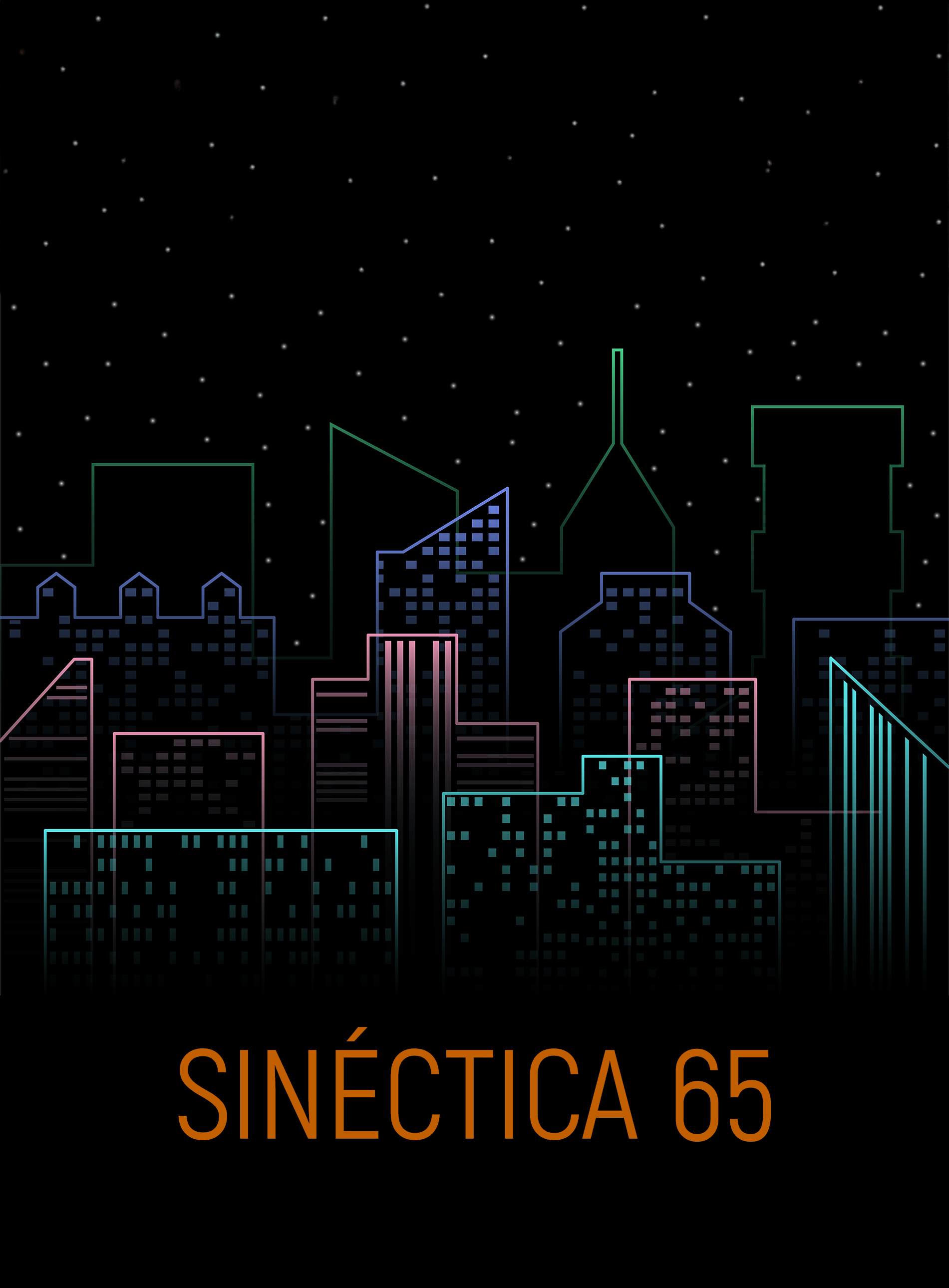Social networks, empathy and citizen solidarity in college student´s. Cdmx 2017
DOI:
https://doi.org/10.31391/S2007-7033(2020)0055-012Keywords:
Social networks, college student´s, solidarity, social networksAbstract
The purpose of this study was to identify the different ways of social participation of young college students to help victims of Mexico´s City earthquake occurred on September 19, 2017. The study also sought to understand why those students got involved. An online questionnaire was administered to 42 college students of a public university located in Mexico City. From data analysis emerged three main categories: 1. Family organization, 2. Brigades formed through social networking, 3. Empathy and social solidarity. Results show that social networks played an important role after the disaster provoked by earthquake. Social networking allowed colleges to identify locations that needs help, through young people, located these places to support who will demand it. The same went to support with the members of the family group, or with the brigade formed by teachers and students, other times with unknown persons. Empathy gave chance to college students to put themselves in their shoes of earthquake victims. Solidarity was shown when college student supported those earthquake victims in a big need of help.
Downloads
Downloads
Published
Issue
Section
License
Copyright (c) 2020 Sinéctica

This work is licensed under a Creative Commons Attribution-NonCommercial 4.0 International License.
This work is licensed under a Creative Commons Attribution-NonCommercial 4.0 International license.
Authors who publish in Sinéctica agree to the following terms:
The authors retain copyright and grant the journal the right of first publication of the authorized work simultaneously under a Creative Commons Attribution License, which allows others to share the work as long as both the authorship of the work and the initial publication in this journal are acknowledged.
Authors may enter into additional separate contractual agreements for non-exclusive distribution of the published version of the journal (e.g., publishing in an institutional repository or a book), with acknowledgement of initial publication in this journal.
Authors are allowed to publish their work in institutional repositories or on their own website before and during the submission process, as it may generate productive exchanges, as well as earlier and greater citation of the published work.
Explanatory note: As of 2017 Sinéctica is governed by the Creative Commons Attribution Non-Commercial 3.0 International License, a version that standardizes licenses internationally.
Articles published between 1992 and 2016 are covered by a Creative Commons Attribution-NonCommercial-NoDerivatives 4.0 International license, which allows a work to be shared and distributed non-commercially and with acknowledgement of the author, but prohibits modification of the original creation.























